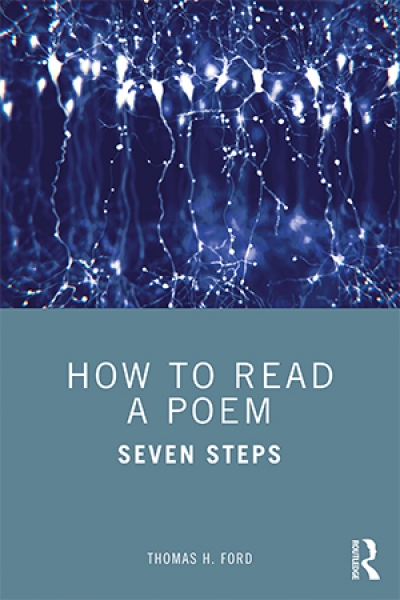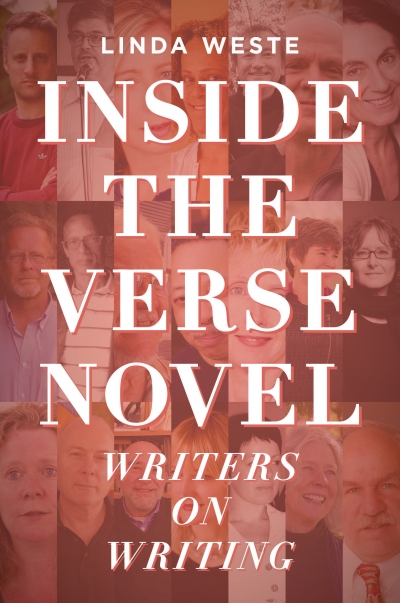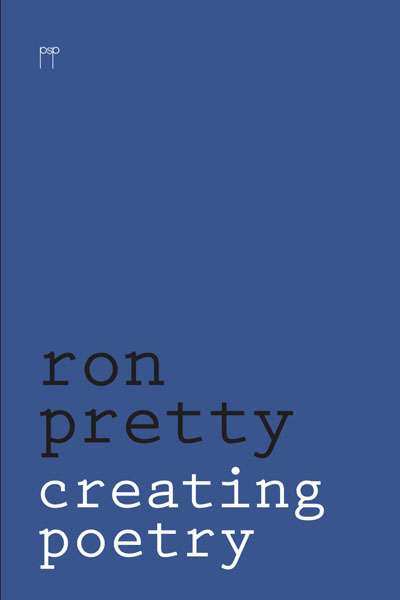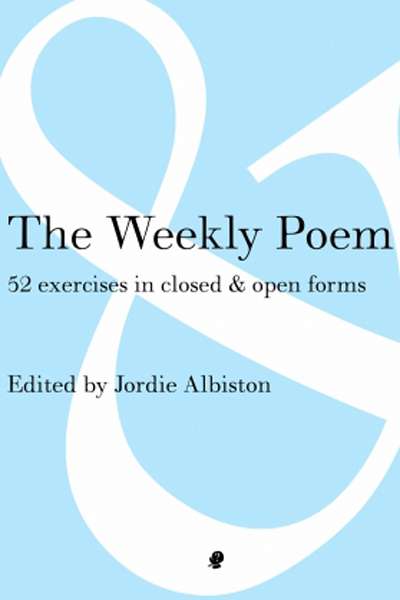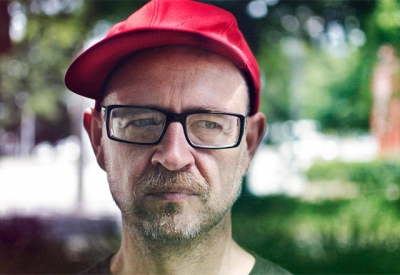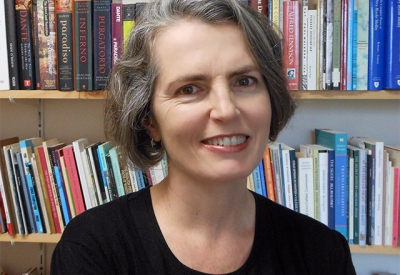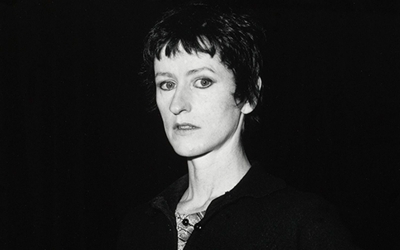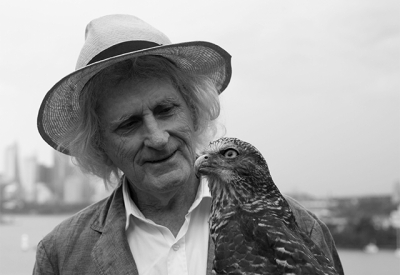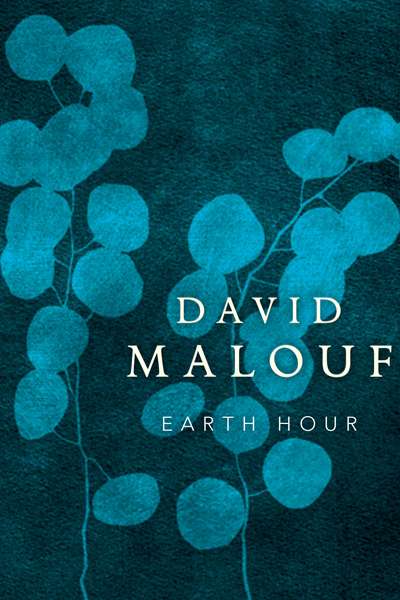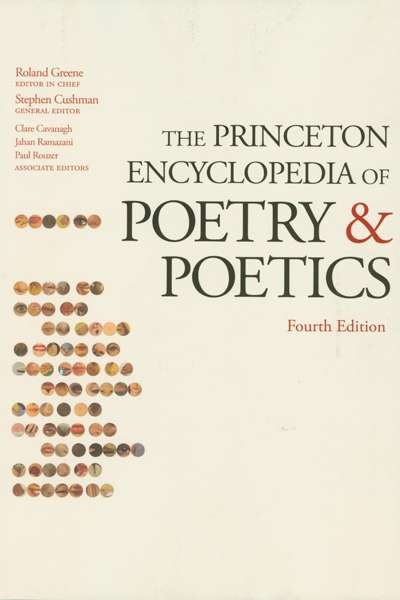Art of Poetry
Film | Theatre | Art | Opera | Music | Television | Festivals
Welcome to ABR Arts, home to some of Australia's best arts journalism. We review film, theatre, opera, music, television, art exhibitions – and more. To read ABR Arts articles in full, subscribe to ABR or take out an ABR Arts subscription. Both packages give full access to our arts reviews the moment they are published online and to our extensive arts archive.
Meanwhile, the ABR Arts e-newsletter, published every second Tuesday, will keep you up-to-date as to our recent arts reviews.
Recent reviews
Inside the Verse Novel: Writers on writing by Linda Weste
The Weekly Poem: 52 Exercises in closed and open forms edited by Jordie Albiston
I’m inclined to say poems are triggered, or ‘arrive’, rather than they’re the fruit of inspiration. The poem does have to be written, which is in itself craft. The best poems may need a little tinkering, but on the whole I’d rather not labour away at a sow’s ear. (Though I should say I value a real sow’s ear above a silk purse.)
... (read more)Lesbia Harford would have been interesting to meet, because of her unconventionality and political views, in addition to the poetry. Earlier, Percy Shelley, for similar reasons.
... (read more)I admire Jeremy Prynne, Clark Coolidge, Mina Loy, and Lyn Hejinian, but I don’t know whether they have influenced my work. To limit this list in time somewhat: Baudelaire, Rimbaud, Eliot, Auden, Berryman, Ashbery, O’Hara. Among the Australians: Kenneth Slessor, Francis Webb, Michael Dransfield, John Tranter, Jennifer Maiden, Martin Johnston, John Forbes. Everything one reads or hears is an influence. The list seems infinite and includes songwriters such as Thomas Moore and Hank Williams.
... (read more)Poetry is song, every word in every line must work, each word transcribed like a note, each line connected to a breath. Fine prose is song, too; each word in the sentence must earn its existence. Thought is both a god and a devil to the line’s ability to sing.
... (read more)
